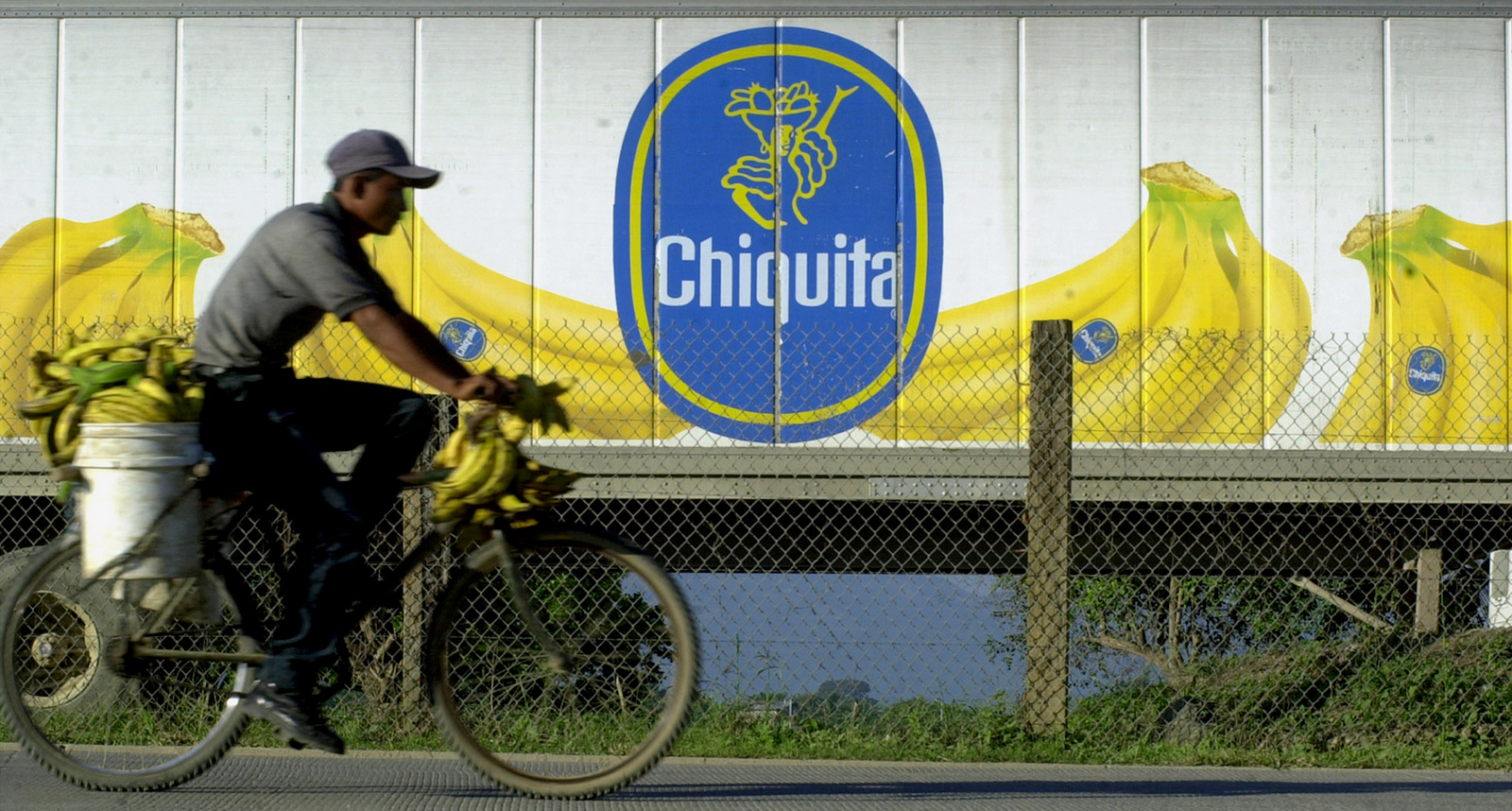For years, Chiquita Brands International’s Colombia-based offices paid money to armed groups to guarantee that their personnel and facilities would not be harmed during the country’s civil war, according to a new report by Verdad Abierta and the National Security Archive.
The armed groups, according to the report, include paramilitaries, the Colombian Army and leftist guerillas.
Recently declassified documents released by both organizations reveal how staff from the renowned banana company had long questioned the company’s payments to the aforementioned groups, asking whether Chiquita had gone beyond extortion in its efforts to operate in Colombia.
Top company executives were deemed as becoming “comfortable” with the idea and practice of paying off armed groups.
A seven-year-long legal battle undertaken by the National Security Archive against the U.S. Securities and Exchange Commission, SEC, and, eventually, Chiquita, has resulted in the Chiquita Papers, tens of thousands declassified records outlining how the company engaged in illicit payments during Colombia’s civil war.
The documents enabled the group to identify Chiquita executives who oversaw and authorized payments.
Jorge Forton, a Peruvian accountant and chief financial officer for Banadex, Chiquita’s wholly-owned subsidiary in Colombia, confessed that payments were being made that were “impossible to audit” and that Chiquita officials were becoming “comfortable” with such payments.
During his deposition to the SEC, Forton pondered, “We are funding their activities, or we are protecting ourselves. It’s questionable.”
Two of the names from Chiquita’s Security Department who handled the illegal payments were John Stabler and Juan Manuel Alvarado. One of the main intermediaries used to link the company with armed groups was Rene Alejandro Osorio J., a key bridge between Chiquita’s Colombia operations, and John Ordman, a company official, who described the payments as “a leap of faith.”
Forton, according to Verdad Abierta, was always aware of the “sensitive payments.” They were made so that Chiquita workers did not have to face the threat of being killed or kidnapped and to make sure its plantations would not be set ablaze.
Though cognizant of Chiquita’s camouflaged payment system, Forton told the SEC that he was “not comfortable” with such payments: “How do I feel those payments are really going to those groups? I mean, how can I audit that? I cannot ask them to sign a receipt,” he said.


